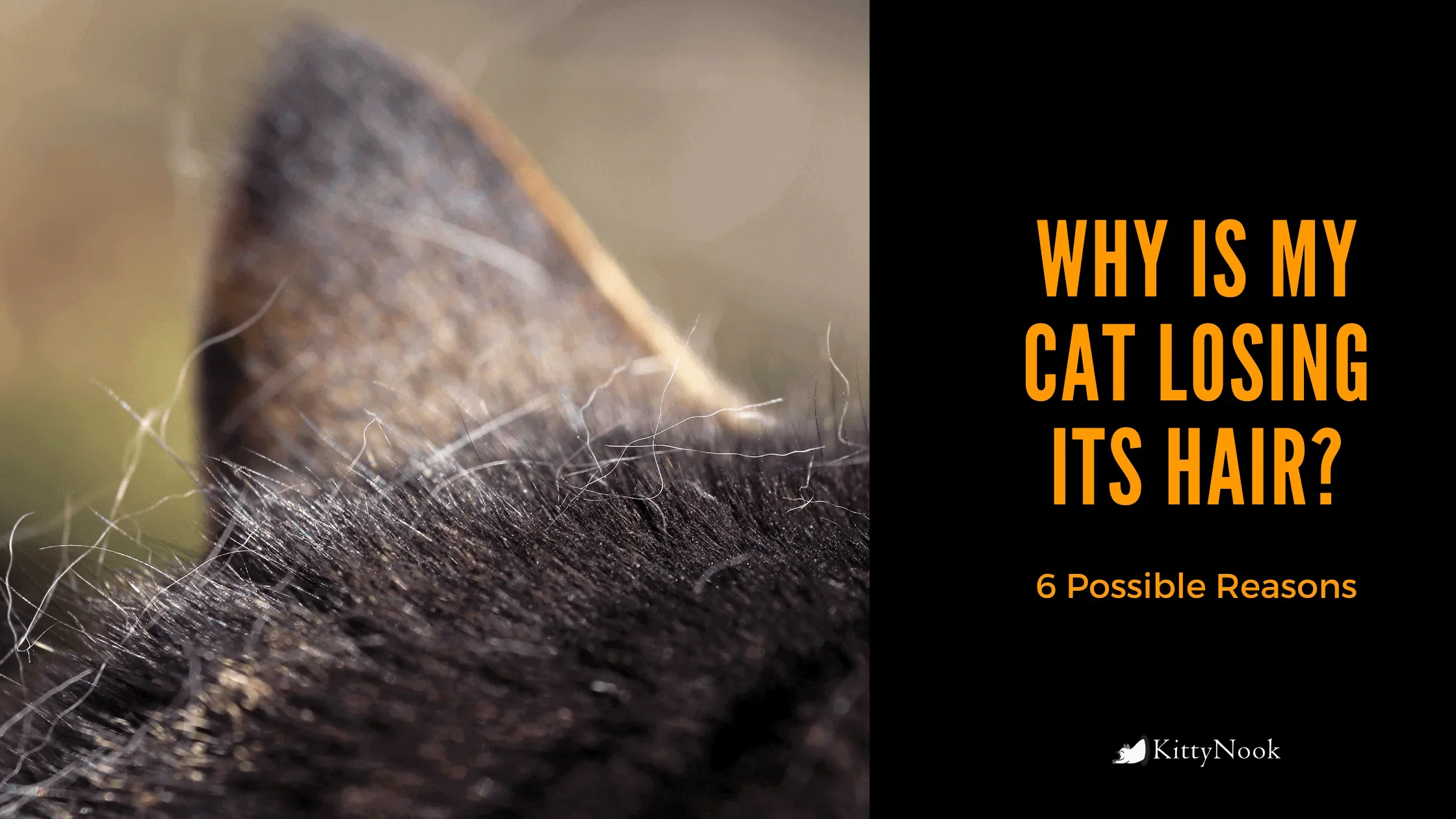Is your cat repeatedly scratching or grooming itself? Cats groom themselves a lot—as much as half of the time they're awake. Too much grooming can trigger loss of hair, skin sores, and even infection. If your feline appears to be more interested in grooming themselves over, say, playing or eating, something is wrong.
Some causes of losing hair:
- Your cat is born with a harmless skin condition.
- It's a side effect of an easy-to-treat problem.
- Your cat is sick.
A vet visit is needed to know what's going on. More often than not, the reason isn't a cause for concern. It could be:
Allergies
Allergies are the leading reason for the loss of hair in cats. Like in humans, cats can be allergic to food, insect bites, medications, dirt, or plant pollen. To ease the itch, they'll lick their hair up until there are bald spots. Allergies are relatively easy to treat, but you may need to provide medication for the remainder of your cat's life.
Bloodsuckers
Fleas and ticks can make your cat scratch and lick, resulting in bald areas and sores. The treatment for this is typically fast and easy. Ask your vet which medication to give your cat.
Ringworm infection
A circular, scaly patch of skin is an indicator. Your vet can suggest antifungal creams or lotions, medicated baths, and even oral medications for ringworm.
Anxiety

Pain
Pet cats with joint inflammation may lick themselves at the site of the discomfort.
Uncommon Reasons
Pure breeds, like Himalayans and Bengals, are most likely to have the genetics that triggers loss of hair. Others, like the Sphynx, are bred to be hairless.
It's not likely, however, hair loss can be a symptom of an immune system issue, diabetes mellitus, an overactive thyroid, or even cancer. Tell your vet about your cat's diet, behavior, and environment to help identify the cause.





















